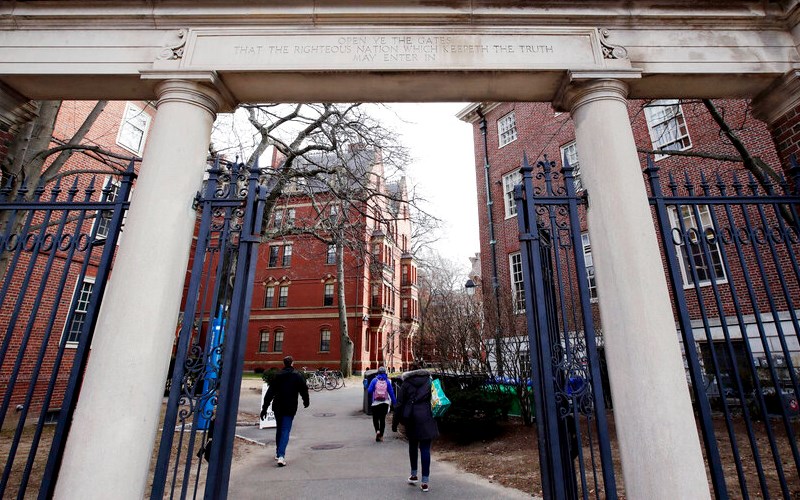The case is Students for Fair Admissions Inc v. President & Fellows of Harvard College.
The high court announced Jan. 24 it will hear an appeal by Students to overturn Grutter v. Bollinger, a 2003 decision in which the court ruled 5-4 against a white student. That case began at the University of Michigan, where Barbara Grutter sued when she was denied admission in the name of a diverse student body.
The justices will also decide whether Harvard is violating Title VI of the Civil Rights Act by penalizing Asia-American applicants, engaging in racial balancing, overemphasizing race, and rejecting workable race-neutral alternatives. That case summary and its court history can be read here at scotusblog.com.
Reacting to the Supreme Court taking up the Harvard case, Horace Cooper of Project 21 says the current nine-member court includes several justices who have a legal track record of opposing government-endorsed discrimination based on race.

“We have every reason to believe,” he tells American Family News, “that there are at least five ---- and as many as six --- justices who recognize that there is no special benefit to be had by magically manipulating the race of the students in the classroom.”
Cooper, who has taught constitutional law, has tracked the Supreme Court’s decisions on race-based admission over the years. There is a distinction to be made, he advises, over a school’s admissions department, or a corporation’s human resources department, that incorporate “affirmative action” in reviewing applicants but ultimately choose the most qualified applicant.
“The real issue here is not about that public affirmation,” he says, “but is instead lowering the standards so that you can guarantee certain people are either hired, or admitted, or receive some particular benefits."
Harvard, which is known worldwide as a prestigious Ivy League school, has an acceptance rate of 4%-5% annually. A majority of the student population is white, about 40%, followed by Asian students who compose 13% of the students on campus.
Approximately 45% of Harvard students come from just three states, Massachusetts, California, or New York.
 Students for Fair Admissions filed suit against Harvard in 2014. A similar lawsuit was filed that same year against the University of North Carolina-Chapel Hill, a case the group lost on appeal but which the Supreme Court will also hear.
Students for Fair Admissions filed suit against Harvard in 2014. A similar lawsuit was filed that same year against the University of North Carolina-Chapel Hill, a case the group lost on appeal but which the Supreme Court will also hear.
A federal judge ruled in favor of Harvard in 2019 in a controversial decision that admitted the university is openly discriminating against Asian applicants but also defended the practice as constitutional. In her ruling, Judge Allison Burroughs wrote that Asian students would pass white students in student population “if admissions decisions were made based solely on academic and extracurricular ratings."
An appeals court upheld Burrough’s decision in Nov. 2021, setting up the appeal to the U.S. Supreme Court.
Cooper says students who are qualified, and have worked hard in their academics, are being denied entry into a prestigious university based on their race.
“Minorities are interested, like everybody else, in all of the top-tier, high-caliber experiences that we Americans can have,” he says, “And when you lower the standard, what you do is you make it less-likely that the candidate in question will be able to do it in an excellent and exceptional manner."







